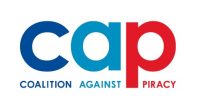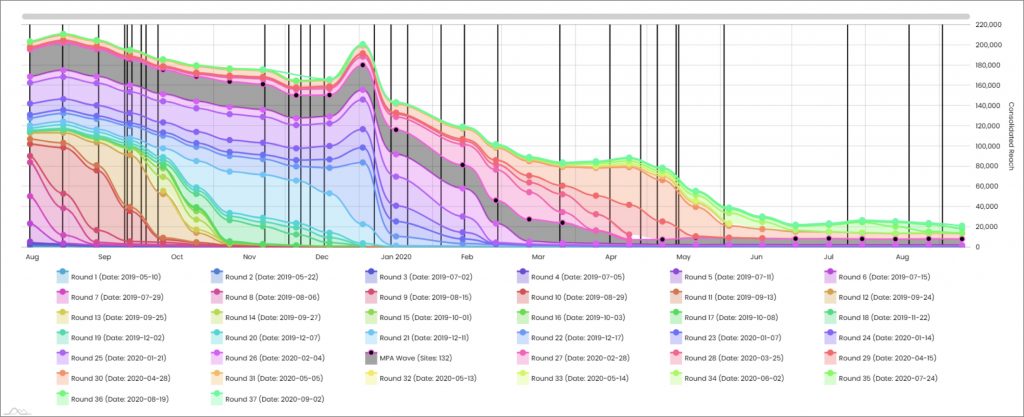
By Neil Gane, GM, Asia Video Industry Assn., Coalition Against Piracy
Here we present Part 2 of an article posted in October. We thank Mr Gane for his kind contribution. Read Part 1
In Malaysia La Liga, the Premier League and other CAP members have been referring illicit live sports sites, video-on-demand sites and illicit applications to the Ministry of Domestic Trade and Consumer Affairs (MDTCA) under their streamlined and fast-tracked site blocking protocol.
As in Indonesia, Malaysian results have been encouraging. A September 2020 YouGov consumer survey showed a 64% decline in consumers accessing piracy streaming sites when compared to a similar YouGov survey in August 2019.
More than half (55%) of online Malaysian consumers noticed that a piracy service had been blocked by the authorities, which appeared to influence their viewing habits with 49% stating that they no longer accessed piracy services and 40% stating that they now rarely accessed piracy services. 11% of consumers stated that website blocking made no difference to their viewing habits.

The goal of any anti-piracy strategy is to migrate sports fans and consumers back to legal services and the Malaysian YouGov survey reflected some success in this regard with 20% of consumers saying that they had now subscribed to a paid streaming service as a result of the governments site blocking campaign, 65% saying they spent more time watching international free/AVOD streaming services and 15% spending more time watching Malaysian AVOD streaming services.
Progress in Singapore
In Singapore CAP recently managed a series of judicial site blocking applications on behalf of five plaintiffs including the Premier League and LaLiga. A subsequent YouGov Singaporean consumer survey found that of those consumers who noticed that a piracy service had been blocked by the courts,62% no longer accessed piracy websites and 20% said they now ‘only rarely’ accessed piracy services.
But more can be done.
While DNS blocking is the predominant mechanism used in South East Asia to implement site blocking, and has resulted in an across-the-board drop in access to streaming piracy websites, this is only a one component of a much broader piracy ecosystem. We’ve started seeing pirates respond to the website blocks in various ways, and it will only be a matter of time before the efficacy of this strategy in any territory reaches a point where we must consider other options.
In the UK for example, The Premier League has sought and received injunctions that allow blocking IP Addresses dynamically during match time, which is replicated in Denmark with similar orders being granted to Spain’s LaLiga. Discussions with some SE Asian governments regarding the efficacy of such IP blocking and how evidential safeguards can ensure no ‘over blocking’, have already taken place.
Anti-piracy leaders in Southeast Asia
We are confident that Indonesia and Malaysia will rise to become market leaders in video IP protection in the region, as a result of their rolling site-blocking strategies. We are also confident that other countries in Asia, and other continents, will take note and follow suit, boosting the growth of legal consumption of live sport.
This year, even despite the many challenges of the pandemic, has demonstrated that effective strategies that can be put in place which disrupt and curb live sports piracy.
About AVIA, the Asia Video Industry Association
The Asia Video Industry Association (AVIA) is THE trade association for the video industry and ecosystem in Asia Pacific. It serves to make the video industry stronger and healthier through promoting the common interests of its members. Understanding global trends in media, AVIA is focused specifically on addressing issues in the video markets of Asia.
Disrupting the technological ecosystem of the pirate websites, as well as the illicit commercial transactions at the point of sale, are core to disrupting the wider piracy ecosystem. AVIA works alongside technology platforms, payment processors, app stores and other intermediaries.
Visit AVIA. Visit AVIA’s Coalition Against Piracy












